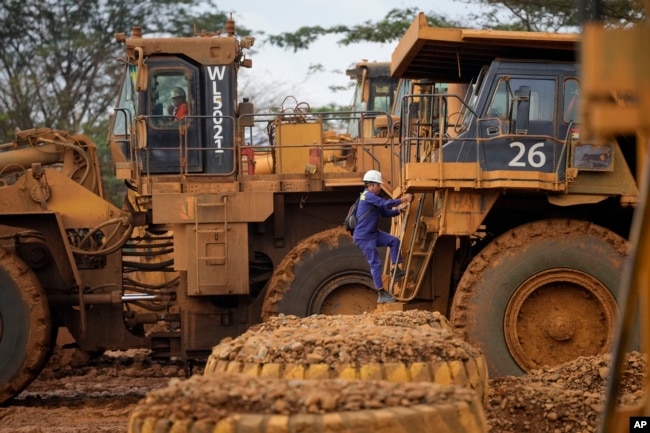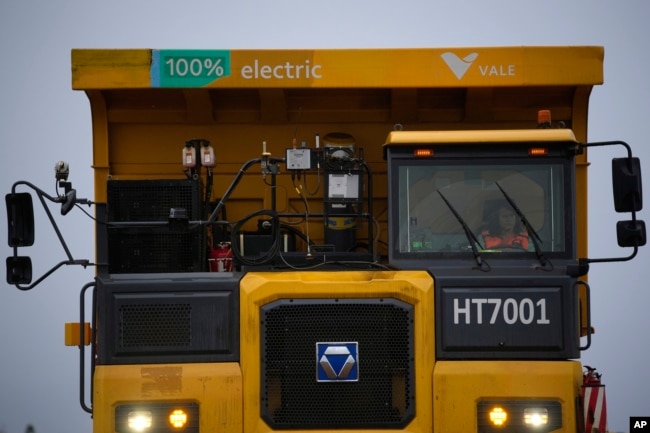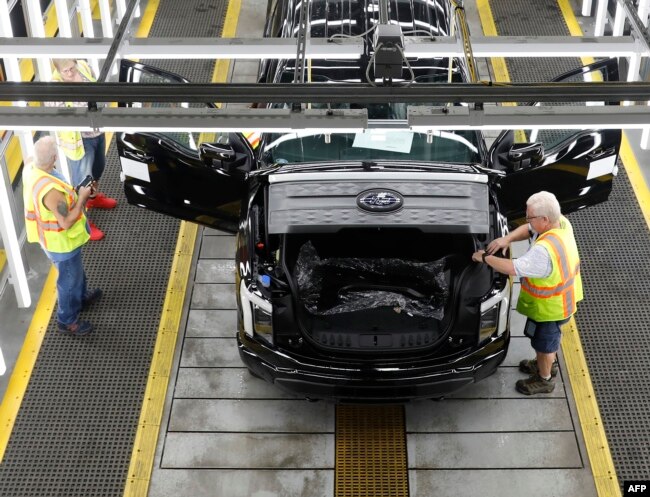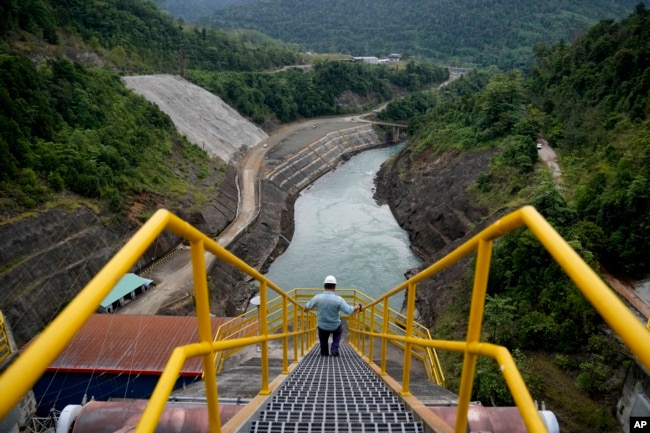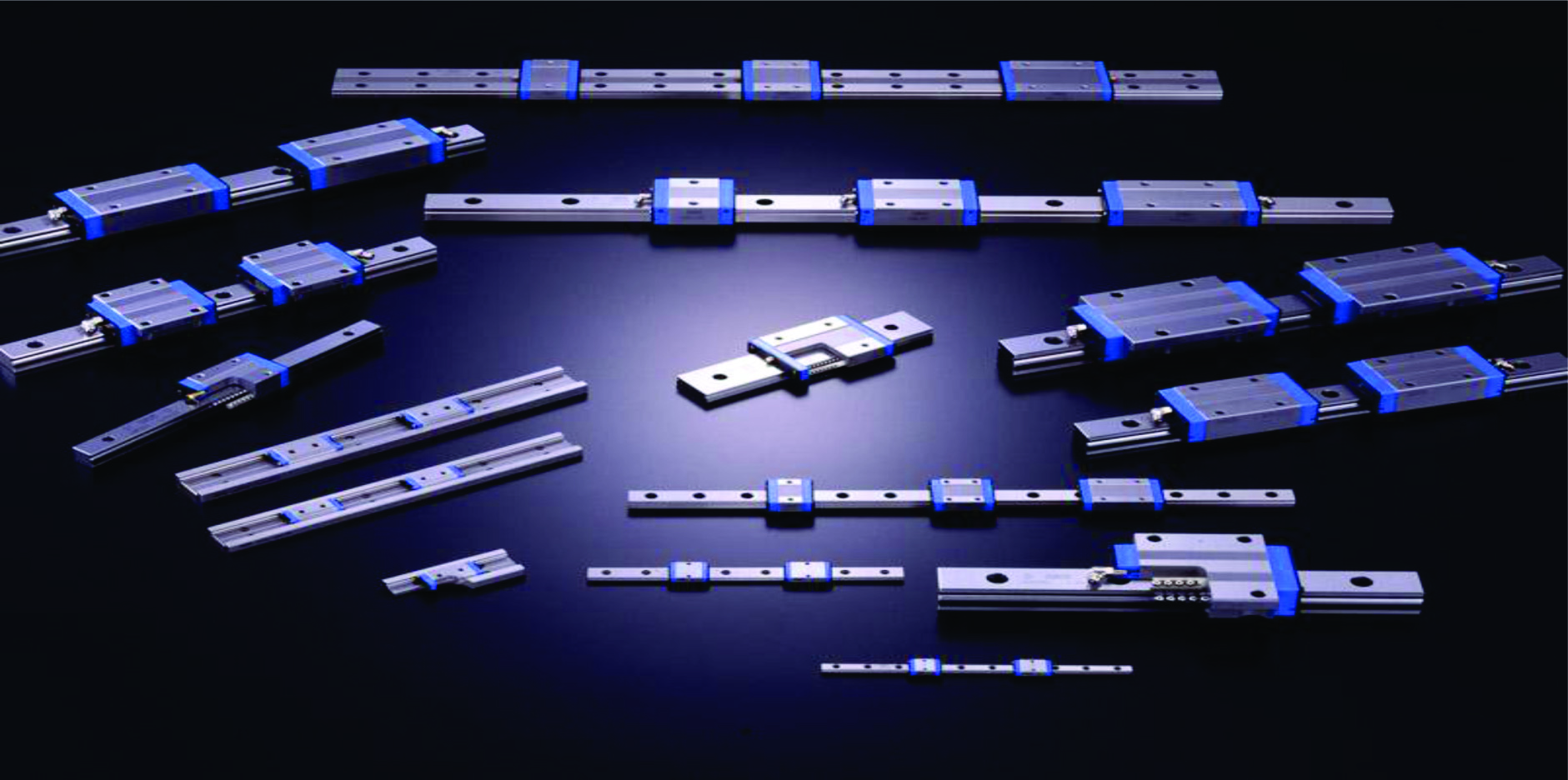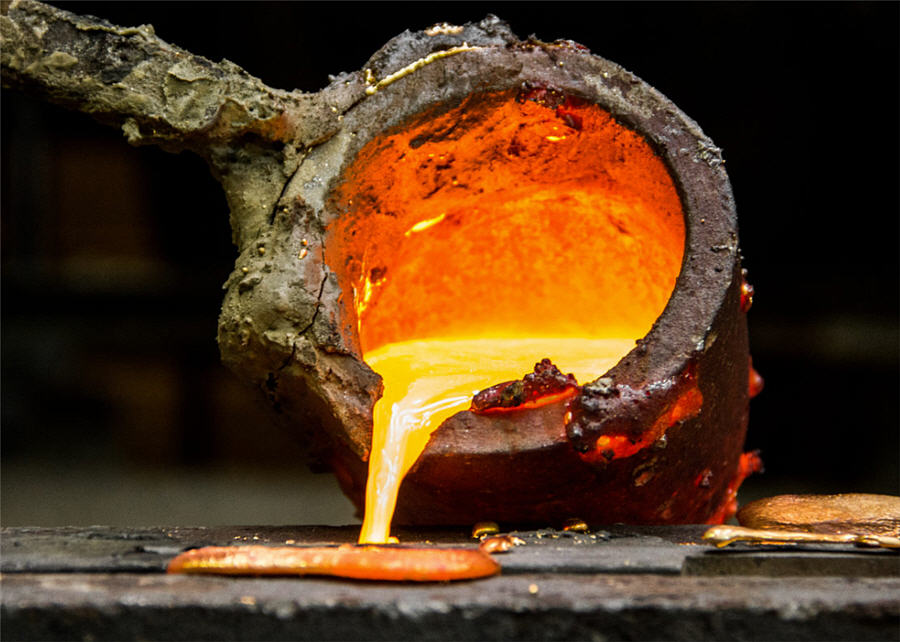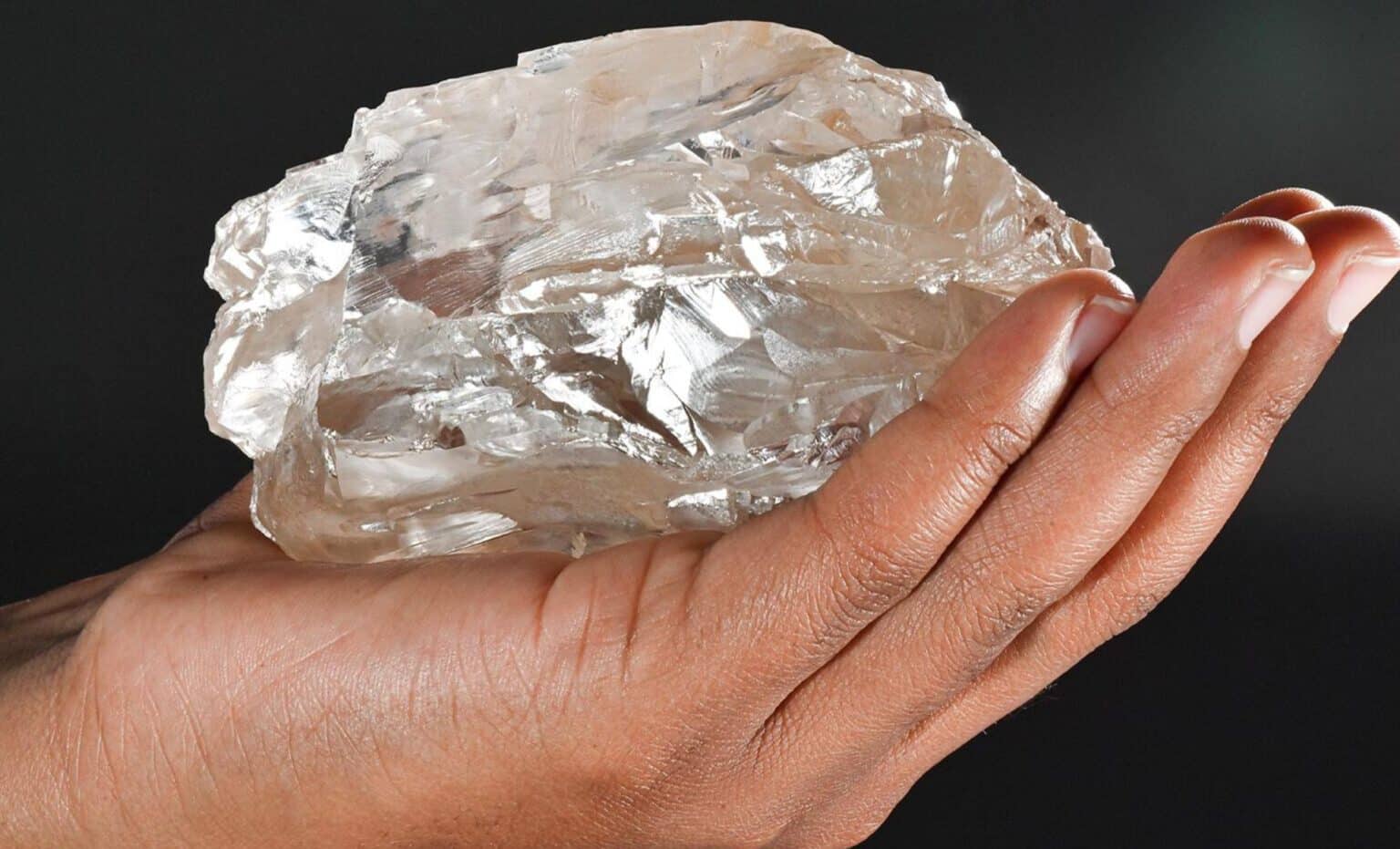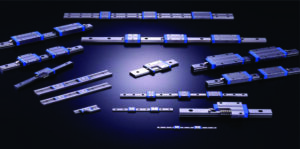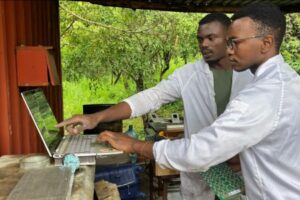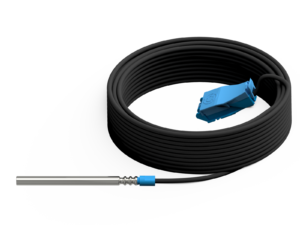Mining Companies Consider Renewable Energy
Mining companies produce important metals needed to build electric car batteries and solar panels.
Devices called smelters process the rock and minerals so the metal can be purified and sold to manufacturers. The work requires a lot of energy.
The advisory business McKinsey & Company says mining operations produce between four and seven percent of the world’s greenhouse gas emissions. Those are gases released into the atmosphere that some scientists say are warming the planet.
Some of the companies that use mined materials include Apple, Hyundai and Mercedes. Those companies are now putting pressure on mining companies to use less energy. Many of those companies have environmental, social and governance, or ESG, commitments. The ESG commitments require companies such as Apple and carmaker Volvo to choose materials that are made in a less harmful way when possible.
Some mining companies are thinking about how they can change their business methods to use less energy and create less pollution.
The pressure is changing the way mines in Indonesia, Chile and Canada operate.
On the island of Sulawesi in Indonesia, the Brazilian mining company Vale runs its smelters using hydroelectric power instead of diesel fuel. The hydroelectric power comes from three dams the company built years ago. Vale now says it can reduce its carbon dioxide by over 1 million tons per year. The company says its greenhouse gas emissions are down by one-fifth since 2017.
The smelter in Sulawesi produces 75,000 tons of nickel each year. The metal is used for batteries, electric cars and many machines used around the home. While the company runs the smelter on hydroelectric power, other machines still require coal power.
The demand for metals such as nickel and cobalt is rising as more people drive electric cars and use solar panels to power their homes. But as new mines open and active mines increase operations, environmental activists wonder if the mining companies can continue to reduce pollution.
Activists say pressure is important to get industries to create less pollution. In Chile, mines that produce copper, lithium and other materials use some energy from solar farms. In Canada, the Raglan mine in the far northern part of Quebec produces nickel with the help of wind power.
Michael Goodsite teaches civil and environmental engineering at the University of Adelaide in Australia. He said the mines that are moving away from diesel fuel are setting a good example.
“How they move from fossil fuel operations to other energy sources can and should be learned from by others,” he said.
In Indonesia, President Joko Widodo has pushed for his country to develop its own industries. One of those industries is mining. Indonesia is the world’s largest producer of nickel and Vale recently signed a deal for a $4.5 billion processing center. Some of the investment came from Ford, the U.S.-based automaker.
Ford is concerned about how its materials are produced. Ford official Christopher Smith said the company can “help ensure that the nickel we use in electric vehicle batteries is mined … produced within the same ESG standards as…our business around the world.”
But mining companies may not be able to change fast enough for people worried about climate change.
Coal is used to power some of Vale’s metal processing in Indonesia. Febriany Eddy is chief of Vale Indonesia. She said the company plans to change from coal to liquefied natural gas. Experts say the gas is not as bad as coal.
Eddy said it is the best current choice. The company believes better options may not be available for 15 to 20 years.
She said she could wait for the perfect solution, or she can work with natural gas saying, “it is a transition, only.” Eddy said natural gas will reduce emissions by 40 percent.
Some climate activists say natural gas still produces methane and carbon dioxide, which, they say, hurt the environment.
But Eddy said Vale can save money in the long run by producing its own energy in Indonesia. She said hydroelectric power reduces the company’s carbon emissions and also permits the company to save money. “We are no longer that (vulnerable) to fuel and coal costs – because we have hydropower,” she said.
Some products will still be made by businesses that are not making energy changes Goodsite, the university professor in Australia, said when asked about China.
He added that some of the changes will come because businesses want to reduce their energy use. However, he said change will happen if people, who he called “end users,” who buy cars and mobile phones and other products choose to buy things made from different materials.
And he said people have to be ready to pay a lot more for these new products. “We all need to be prepared to pay a significant premium for that,” Goodsite said.
I’m Gena Bennet. And I’m Dan Friedell.VOA
Share this content:


